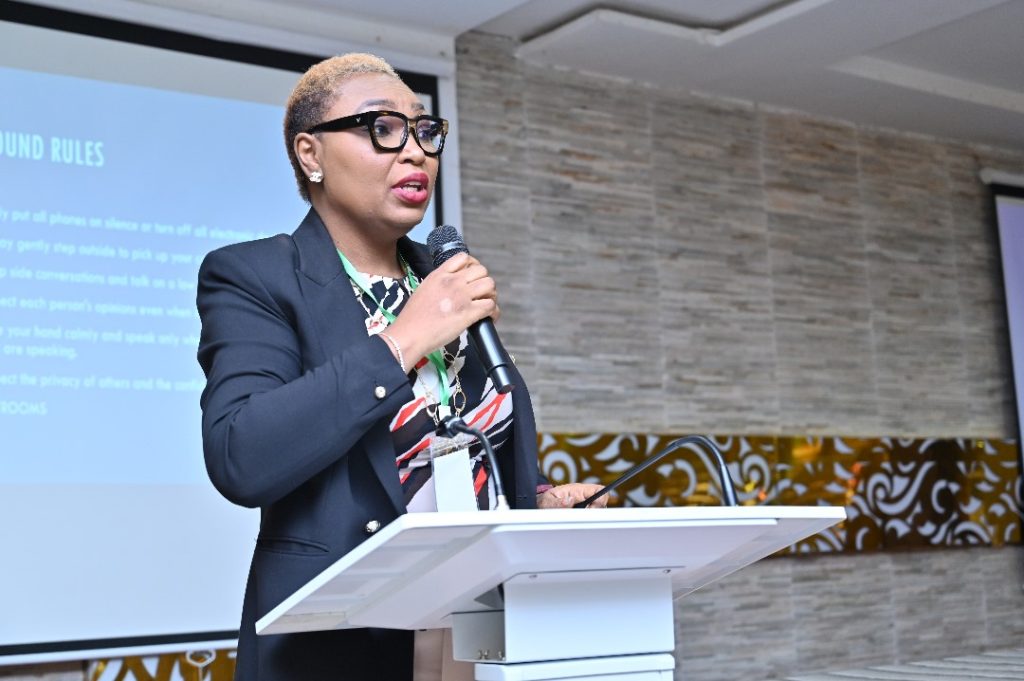The Nigerian government has reported that over 1.5 million citizens are suffering from vision impairment, based on a Blindness and Vision Impairment Survey.
Dr. Okolo Oteri, National Coordinator, National Eye Health Programme, Federal Ministry of Health and Social Welfare, disclosed that glaucoma is the leading cause of irreversible vision loss both globally and in Nigeria.
At a recent training workshop on Friday, Oteri explained that blindness is more prevalent among the illiterate and elderly, with 1.13 million Nigerians over 40 years old being blind.
“The Nigeria Blindness and Vision Impairment Survey reported that 0.78% of Nigerians of all ages are blind,” Dr. Oteri said.
Glaucoma, accounting for 16.7% of blindness cases, is the second most common cause of blindness in Nigeria, yet only 5.6% of those affected are aware they have the disease, health experts say.
The workshop marks the government’s commitment to implementing the National Eye Health Policy.
Despite the significant impact of glaucoma, it hasn’t been prioritised under the Vision 2020 initiative due to other blinding diseases like cataracts and trachoma.
Oteri stressed the need for targeted screening and case detection to reduce glaucoma-related blindness. She called for greater support from the government and donors to address the socio-economic and systemic barriers that hinder effective glaucoma care and awareness in Nigeria.
“The eye health promotion, blindness prevention, treatment, and rehabilitative needs of patients with glaucoma are not being met in Nigeria. Inherent inequalities in access to effective, safe, people-centred, timely, equitable, integrated, and efficient glaucoma services remain a problem.
“This is worsened by socio-economic deprivation leading to a lack of awareness of glaucoma, late presentation, lack of access to eye care services and medications, and poor adherence to treatment and follow-up. Religious and cultural beliefs also enable acceptance of blindness as a part of ageing.
“Direct and indirect costs associated with seeking care and treatment are also challenges. Inadequate eye care infrastructure and equipment, health system inefficiencies and bottlenecks might also make patients’ contact with the system complicated and unpleasant. An efficient care pathway is therefore critical for glaucoma,” she said.
Glaucoma is a common eye condition where the optic nerve, which connects the eye to the brain, gets damaged. This damage is usually due to fluid buildup in the front part of the eye, increasing the pressure inside the eye. If not diagnosed and treated early, glaucoma can lead to vision loss.
Glaucoma can affect people of all ages but is most common in adults. Initially, it typically develops slowly over many years and affects peripheral vision first, making it hard to notice. Often, it’s only detected during routine eye tests.
Symptoms, if they appear, might include blurred vision or seeing rainbow-colored circles around bright lights. Both eyes are usually affected, though one eye may be worse.
In rare cases, glaucoma can develop suddenly, causing intense eye pain, nausea, vomiting, a red eye, headache, tenderness around the eyes, seeing rings around lights, and blurred vision.

